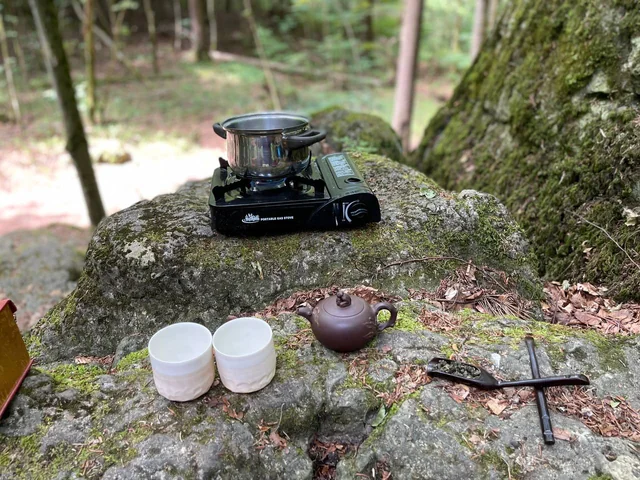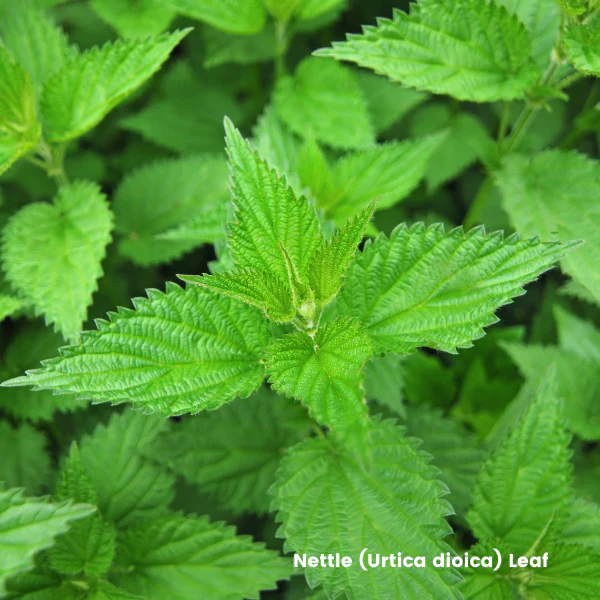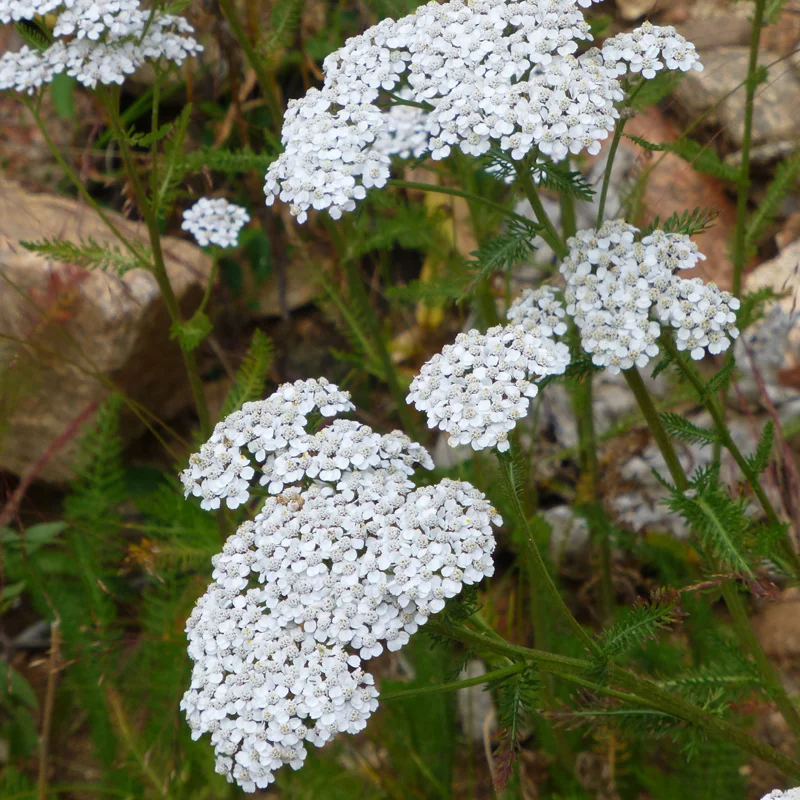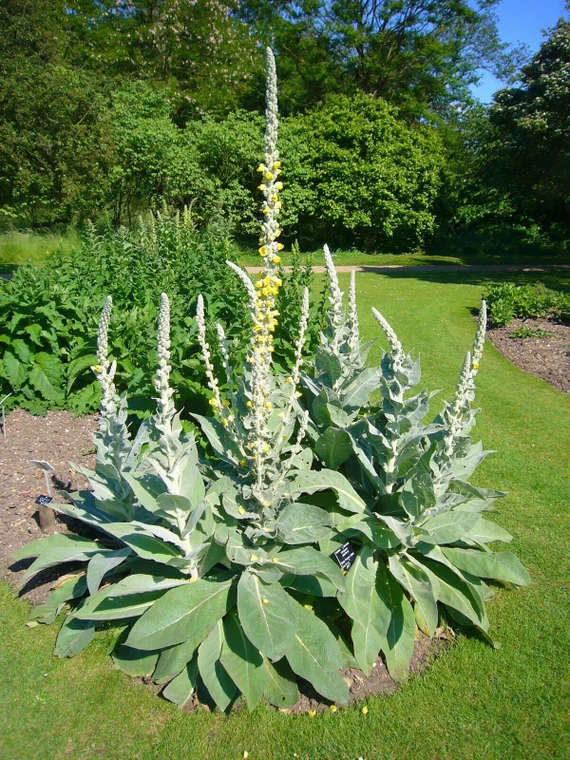Herbal Tea
Unveiling the Hidden Treasures: 3 Uncommon Wild Teas and Their Health Benefits
3 Wild Teas and Their Powerful Health Benefits
This message is brought to you by Brook & Barrel Tea Farm, where we grow the best cup of tea, you will ever have. Thanks For Reading!
Wild teas have long been celebrated for their soothing qualities and diverse range of health benefits. While traditional teas like green, black, and herbal teas are well-known and widely consumed, there exists a fascinating world of lesser-known wild teas derived from plants found in nature. These teas not only offer unique flavors but also boast exceptional health benefits. Let’s delve into the realm of uncommon wild teas and uncover their hidden treasures.
1. Nettle Tea (Urtica Dioica)
Plant Source: The nettle plant, scientifically known as Urtica dioica, is a common weed found in many parts of the world. Its leaves and stems are covered in tiny, hair-like structures that can cause skin irritation upon contact, earning it a reputation as a pesky weed. However, when properly harvested and processed, nettle leaves can be turned into a delightful and nourishing tea.
Benefits:
- Nutrient-Rich Brew: Nettle tea is a nutritional powerhouse, packed with vitamins (A, C, and K), minerals (iron, calcium, and magnesium), and antioxidants. It’s known to support overall health by providing a wide range of essential nutrients.
- Anti-Inflammatory: Nettle tea contains compounds that possess anti-inflammatory properties, potentially aiding in the relief of conditions such as arthritis and allergies.
- Diuretic Effects: This tea acts as a natural diuretic, promoting healthy kidney function and helping to flush out toxins from the body.
- Allergy Relief: Nettle tea may alleviate symptoms of seasonal allergies due to its ability to block histamine receptors.
2. Yarrow Tea (Achillea Millefolium)
Plant Source: Yarrow, scientifically known as Achillea millefolium, is a wild herbaceous plant often found in meadows and grasslands. It boasts feathery leaves and clusters of delicate, white or pink flowers. The leaves and flowers are used to create a fragrant and slightly bitter tea.
Benefits:
- Digestive Aid: Yarrow tea has been traditionally used to support digestion by promoting the flow of digestive juices and easing bloating and discomfort.
- Fever Reducer: Yarrow is believed to have fever-reducing properties, which can be helpful in managing mild fevers and supporting the body’s natural healing mechanisms.
- Menstrual Support: This tea is known for its potential to ease menstrual cramps and regulate menstrual flow.
- Skin Health: Yarrow tea’s anti-inflammatory and antimicrobial properties may assist in soothing skin irritations and promoting wound healing.
3. Mullein Tea (Verbascum Thapsus)
Plant Source: The mullein plant, scientifically known as Verbascum thapsus, is recognized by its tall stem covered in soft, fuzzy leaves. It produces small yellow flowers that attract pollinators. The leaves and flowers are used to make mullein tea.
Benefits:
- Respiratory Relief: Mullein tea is renowned for its potential respiratory benefits. It is often used to soothe coughs, congestion, and respiratory discomfort.
- Anti-Inflammatory: The compounds in mullein possess anti-inflammatory properties that may offer relief from conditions like sore throat and bronchitis.
- Expectorant: Mullein tea can help to loosen mucus in the respiratory tract, making it easier to expel phlegm and clear airways.
- Ear Health: Mullein oil, derived from the flowers, is sometimes used in herbal ear drops to alleviate earaches and discomfort.
In a world where convenience often overshadows nature’s offerings, these uncommon wild teas remind us of the abundance of healthful resources that thrive in our very own surroundings. We hope you enjoy them.
Thanks for joining us here on the farm, and don’t forget to enjoy a delicious mug of Brook & Barrel Organic tea – Grown right here on the farm.
~ Preston Barnes – Brook & Barrel Farms
As with any herbal remedy, it’s important to exercise caution and consult with a healthcare professional before adding these wild teas to your routine, especially if you have allergies, sensitivities, or existing medical conditions. Proper identification of plants is crucial to avoid consuming anything harmful.





